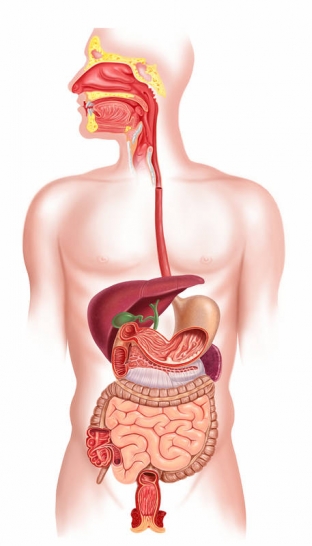Among the many unpleasant sensations that a person may experience, the "honorable" the place is occupied by nausea, which not only interferes with enjoying life, but may also indicate serious disorders in the body. This article is devoted to this topic, in which estet-portal.com will talk about the feeling of nausea, its types, possible causes and appropriate treatment.
We will also tell you when you should be alerted by nausea and when you need to seek medical help.
Definition and types of nausea. What is nausea?
Nausea – an unpleasant sensation that occurs in the epigastric region and pharynx. Associated symptoms of nausea may include:
- rapid heartbeat;
- pallor;
- increased salivation;
- severe weakness;
- trembling in limbs.
Nausea is caused by the difference in the tone of the stomach (decreased) and the duodenum, as well as the proximal jejunum (increased). This leads to duodenogastric reflux.
There are the following types of nausea
- Toxic nausea. Her reason – intoxication, i.e. poisoning of the body with toxic substances (including drugs) or severe infections.
- Reflex nausea. This type of nausea is caused by irritation of the nerve endings of the internal organs.
2.1. Psychogenic nausea is triggered by an unpleasant smell or sight. This kind of nausea most often haunts impressionable people or those suffering from neurosis.
2.2. Nausea that occurs as a result of irritation of the vestibular apparatus is called motor nausea and often occurs when traveling in transport or riding on a swing.
- Metabolic nausea is caused by various kinds of metabolic disorders, which may be caused by a lack of vitamins, hormonal imbalance and diseases of the digestive system.
- Brain nausea occurs due to problems in the brain, including tumors, strokes, TBI, etc.
Causes of nausea – from poisoning to traumatic brain injury
There are many reasons for nausea. Nausea can be triggered by diseases of various organs, as well as food (drug poisoning). To list all the possible causes of nausea, if possible, it will take a very long time, so we will name them in general terms:
- Diseases of internal organs:
- gastritis;
- ulcer;
- gallbladder disease;
- kidney disease;
- pancreatitis;
- diseases of the gastrointestinal tract;
- inflammation of the appendix;
- heart disease;
- liver disease, etc.
- Poisoning:
- food;
- drugs;
- other toxic substances.
- Other causes of nausea:
- first trimester of pregnancy;
- concussion;
- traumatic brain injury;
- meningitis and other serious infectious diseases, etc.
When to Seek Medical Care for Nausea
Feeling nauseous can be a harmless body signal that you forgot to have breakfast in the morning or drink too much coffee. If nausea is accompanied by vomiting and diarrhea, you are most likely poisoned. Nausea, accompanied by fever and pain in the right side, may indicate appendicitis, problems with the kidneys or liver.
 It is very difficult to determine the cause of nausea on your own, which is why if you cannot accurately determine the cause of the feeling of nausea, plus it does not go away for a long time, you need to seek medical help, especially if the feeling of nausea is accompanied by:
It is very difficult to determine the cause of nausea on your own, which is why if you cannot accurately determine the cause of the feeling of nausea, plus it does not go away for a long time, you need to seek medical help, especially if the feeling of nausea is accompanied by:
- recent head injury;
- severe headache;
- severe abdominal pain;
- vomiting blood;
- a very strong weakness;
- high temperature;
- pain in the eyes;
- pain when moving the neck;
- confusion or loss of consciousness.
Only a qualified specialist can accurately determine the cause of the feeling of nausea, its type and method of treatment, who can compare it with other symptoms, conduct the necessary tests and tests, make the correct diagnosis and prescribe the necessary treatment.
Remember that frequent nausea, as well as sudden onset and accompanied by other symptoms, can be a sign of serious problems, ignoring which, like self-medication, can be dangerous for your health.






Add a comment